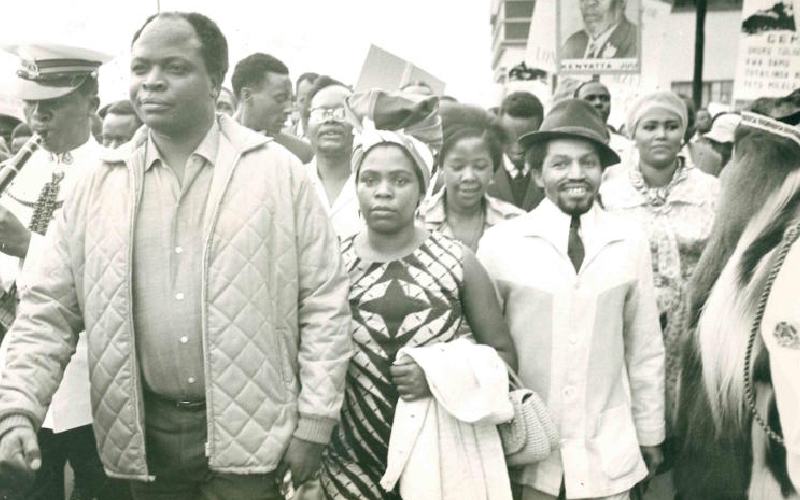
As Justice minister in 2003, Kiraitu Murungi (now the Meru Governor) asked former President Daniel arap Moi to “sit back and rear his goats and watch how good governments are run.” Mr Kiraitu was the embodiment of the bolshie, hard-faced cabal around the new President Mwai Kibaki.
“The real test of leadership,” wrote Tony Blair in his biography A Journey, “is in being prepared to do what you perceive to be the common good of the nation before your own political self.” Opinion is split on whether President Kibaki passed that test.